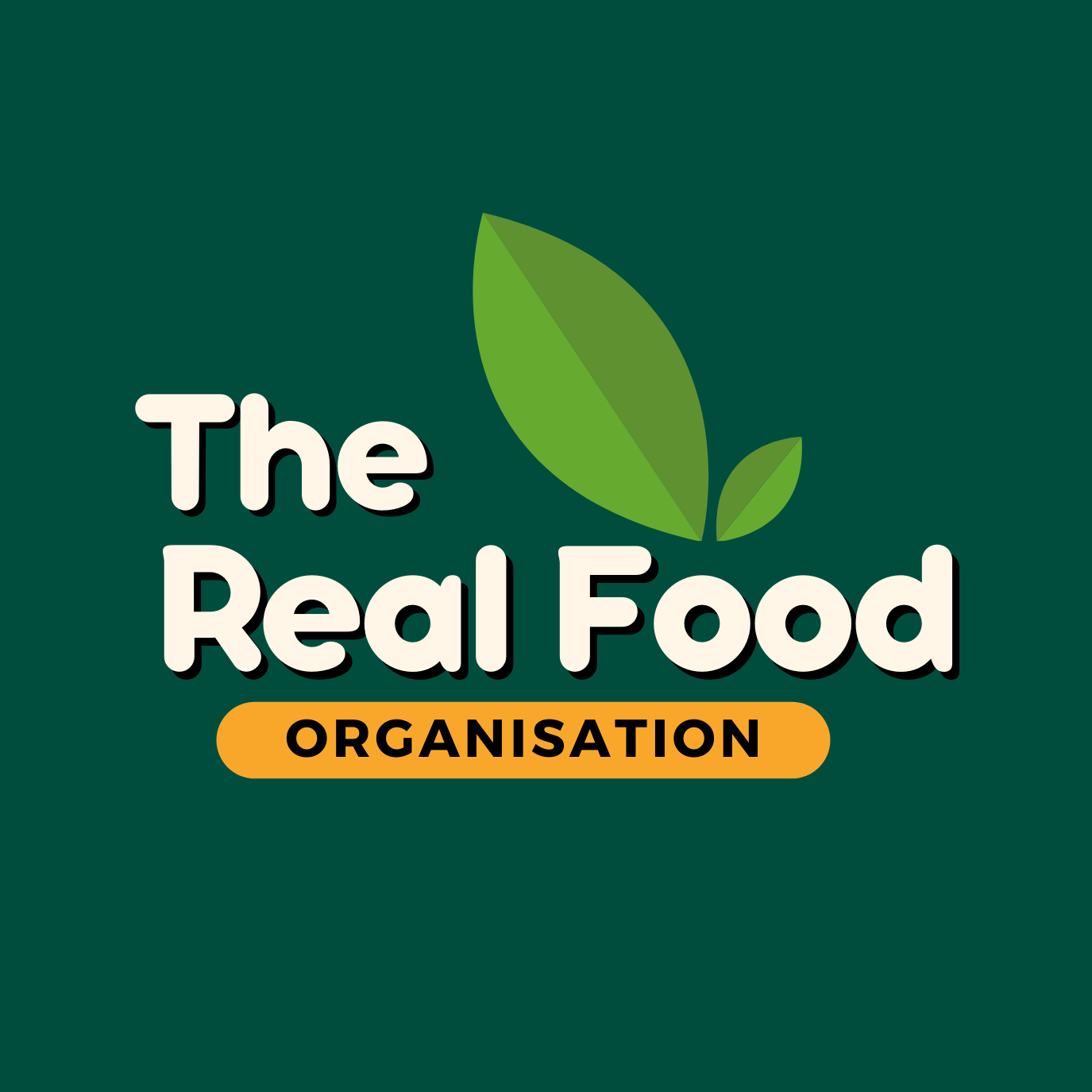The lunchtime choices of school-going children in the UK have sparked concern due to the prevalence of highly processed foods in their diets, potentially contributing to health issues and an increased risk of obesity. Recent research conducted by a team from Imperial College London has shed light on a rather alarming trend: a substantial portion of calories consumed during school lunches comes from what is termed ‘ultra-processed’ foods.
Published in the journal Nutrients, the study delves into the eating habits of over 3,000 primary and secondary school students from 2008 to 2017. The findings reveal a staggering statistic: a significant 64% of the calories in school-provided meals are derived from ultra-processed foods. This concerning trend seems to primarily stem from items like processed bread, snacks, sugary beverages, and puddings.
Dr. Jennie Parnham, leading the study from Imperial College London’s School of Public Health, voiced her apprehensions, emphasizing the urgency for policy changes to address this issue. She highlighted that despite the current economic challenges, school meals should ideally serve as a means for all children to access affordable, nutritious meals. However, the research suggests a mismatch between this aspiration and the reality experienced by many children.
Ultra-processed foods, characterized by their high levels of salt, sugar, fat, and additives, have been linked to various health complications, including obesity and chronic diseases like Type 2 diabetes and cardiovascular issues. The concerning aspect is that these dietary patterns established during childhood often persist into adulthood, significantly impacting long-term health outcomes.
An analysis of the dietary patterns unveiled that while packed lunches carried a higher proportion of ultra-processed foods than school meals, the latter still contained a considerable amount, contributing substantially to children’s overall intake of these less healthy options. Moreover, disparities were noticed between different socioeconomic backgrounds, with children from lower-income families having higher levels of ultra-processed foods in their diets.
The study highlights the need for urgent intervention, advocating for healthier alternatives in school meals and increased accessibility to free school meals, especially for children from economically disadvantaged families. Addressing this issue could significantly impact children’s health and potentially alter their lifelong dietary habits, thus reducing the risk of future health complications.
Dr. Eszter Vamos, another researcher from Imperial’s School of Public Health, emphasized the critical role school meals play in ensuring that children, regardless of their socioeconomic status, have access to nutritious meals. However, she expressed concern over the current high consumption of ultra-processed foods among children, urging policymakers to implement changes to improve the quality and accessibility of school meals.
The study concluded by highlighting the pressing need for policy alterations to combat the prevalence of ultra-processed foods in school lunches. With the support of funding from the National Institute for Health and Care Research (NIHR), this research lays the groundwork for advocating healthier dietary choices among the younger generation.
In essence, the findings of this study serve as a clarion call for immediate action to reform the nutritional content of school meals in the UK. It is crucial to prioritize the health and well-being of children by providing them with healthier food options that can positively impact their current and future lives.



